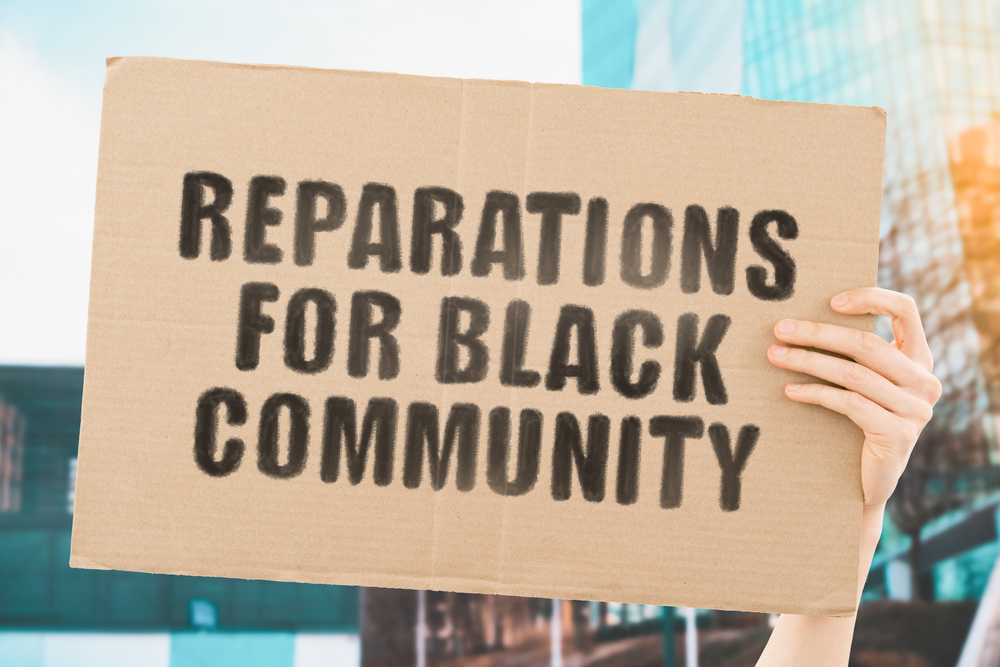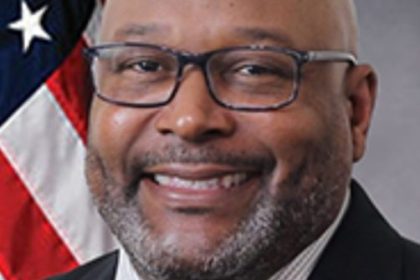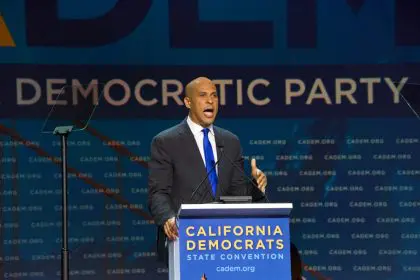The California reparations initiative of 2023 is part of a broader and ongoing effort to address historical injustices faced by African Americans. This movement aligns with other successful reparation campaigns, both in the United States and globally, where oppressed communities have sought compensation and recognition for the harm they endured.
For instance, Germany has made reparations to Holocaust survivors, acknowledging the atrocities committed during World War II. The payments — alongside educational efforts — were a form of restitution for the destruction of Jewish lives and communities. South Africa, too, created the Truth and Reconciliation Commission in the aftermath of apartheid, seeking to reconcile the nation and compensate those affected by racial discrimination and violence. Financial reparations and official acknowledgments were crucial in healing collective trauma and fostering societal restoration in these cases.
The California initiative stands on the shoulders of these historical precedents, with the same commitment to truth-telling and repair. The state’s formal apology — embedded in legislation such as AB 3089, as reported in a press release from Newsom’s office — mirrors the methods used in global reparations efforts by confronting the legacy of slavery, much like Germany and South Africa addressed their past injustices.
The California Reparations Task Force has been a key driver of this movement, similar to how other nations have set up commissions or committees to investigate and document wrongs. The report released by the task force detailed not only slavery but also the systemic racism that has persisted in California and the U.S. more broadly. This resonates with global reparation efforts, as the findings are intended to inform ongoing legislation and public policy changes, ensuring that such atrocities are not forgotten.
Governor Newsom’s legislative actions also echo efforts like those seen in the U.S. regarding Japanese internment reparations. In 1988, the U.S. government formally apologized and paid reparations to surviving Japanese Americans who had been forcibly interned during World War II. California’s apology to African Americans shares a similar goal: recognizing state-sanctioned wrongdoing and offering a step toward restitution. This apology forms a broader societal healing process, providing recognition and accountability for past wrongs.
Looking ahead, California’s reparations measures, such as AB 1815, which broadens protections against racial discrimination, symbolize the continuation of this global conversation. However, much like other reparation movements, challenges remain. Not all proposals have been met with universal support — and some were vetoed due to financial concerns, reflecting the ongoing debate about the best methods to achieve justice.
By presenting these reparations proposals to voters in the upcoming ballot, California aims to democratize the conversation about justice and restitution for African Americans, ensuring that the community most affected is involved in shaping the outcome, according to Black Enterprise. This model of inclusive decision-making echoes other successful reparations efforts, wherein the voices of the marginalized play a central role in determining how the past is addressed and how the future is shaped.
In the context of other reparation efforts, California’s initiatives represent another chapter in the global effort to right historical wrongs. The state’s actions reflect and contribute to the ongoing global dialogue about how to atone for centuries of oppression and ensure equity for future generations.

















